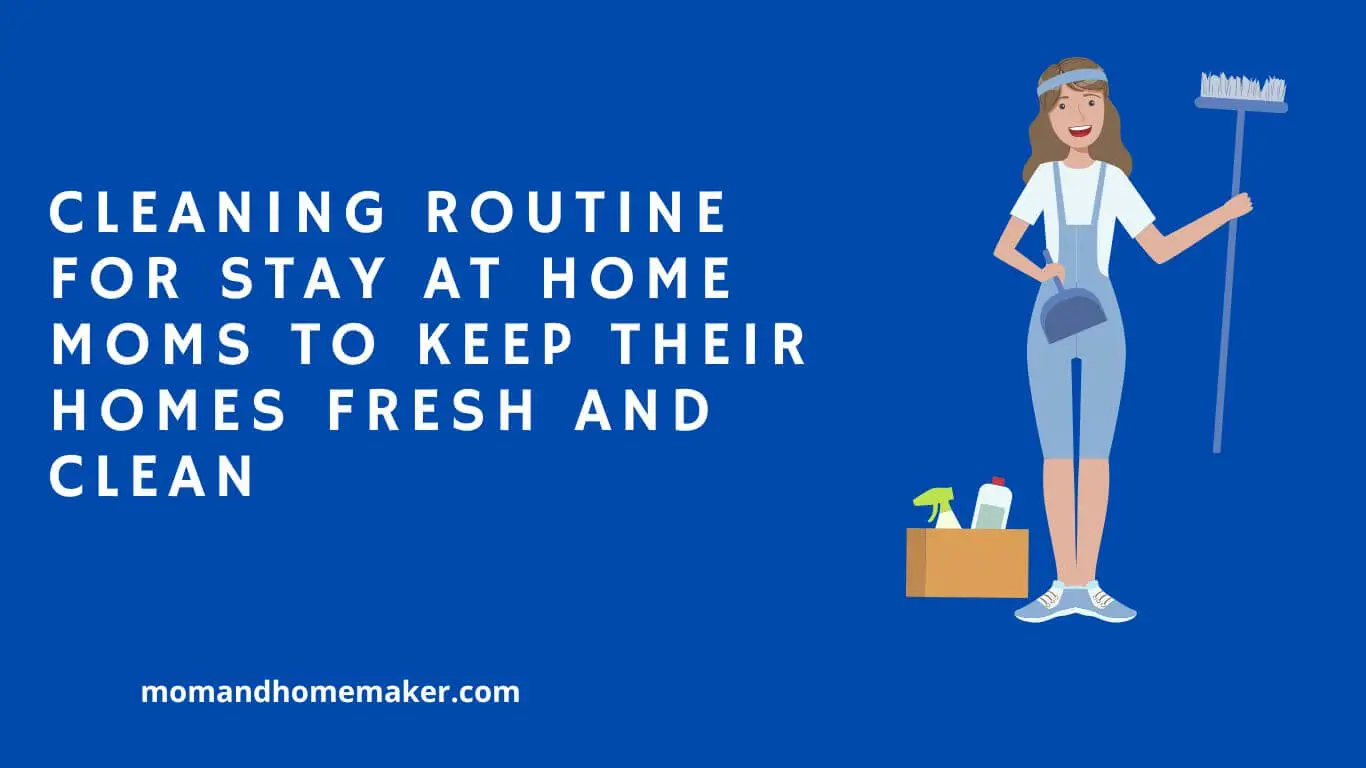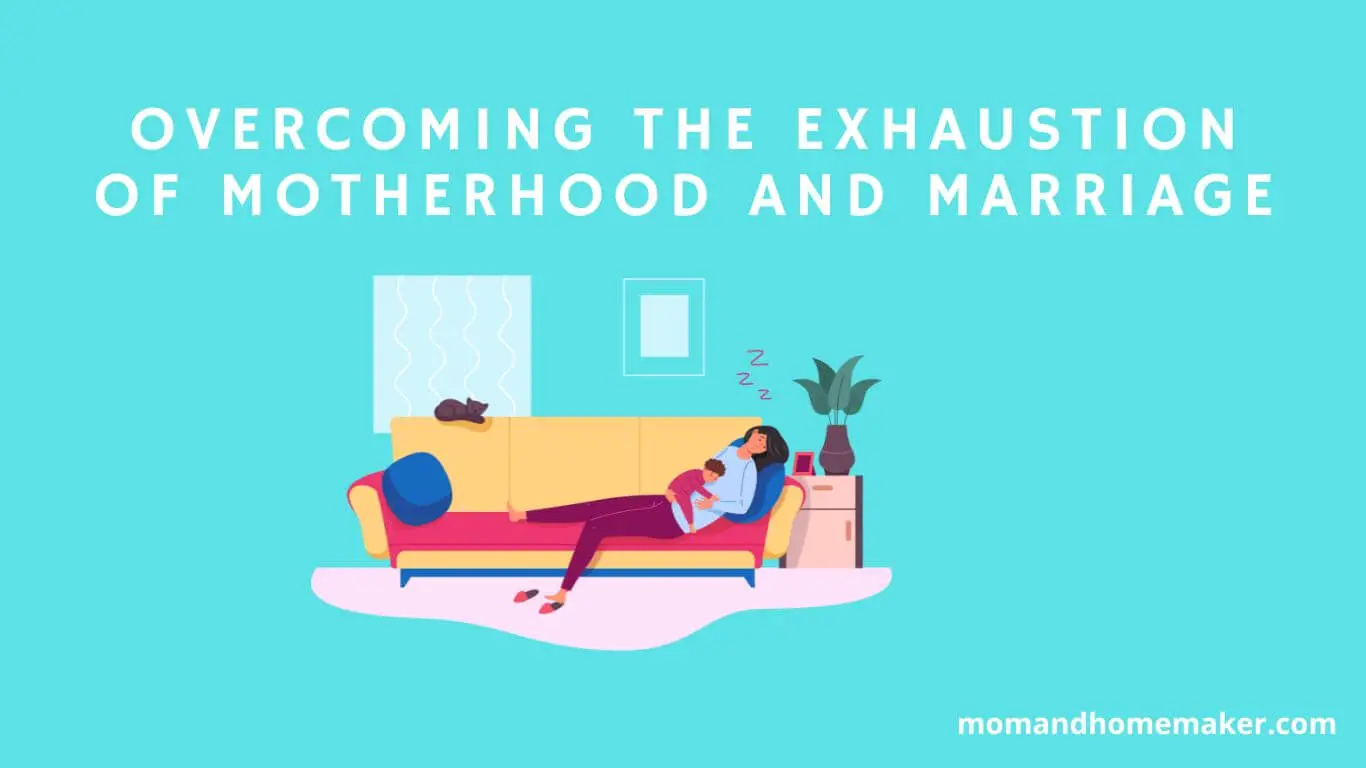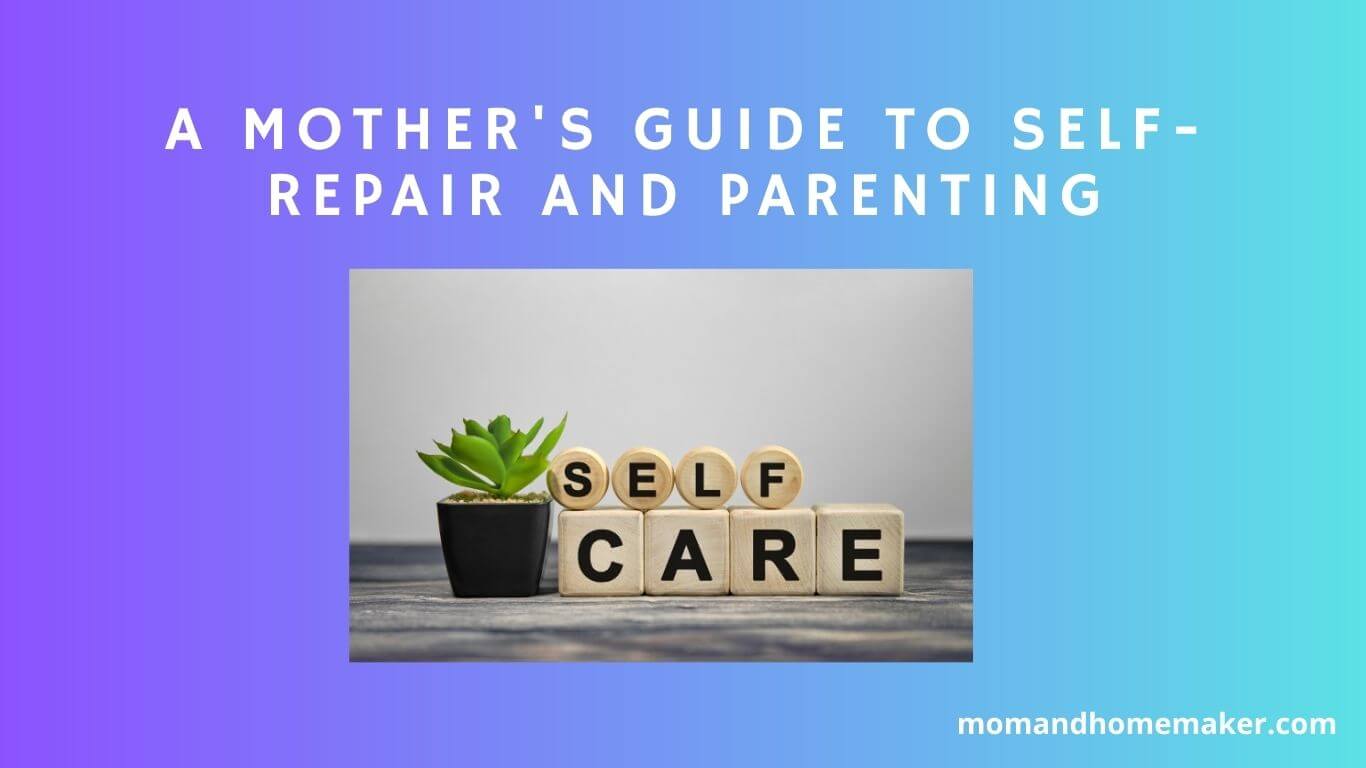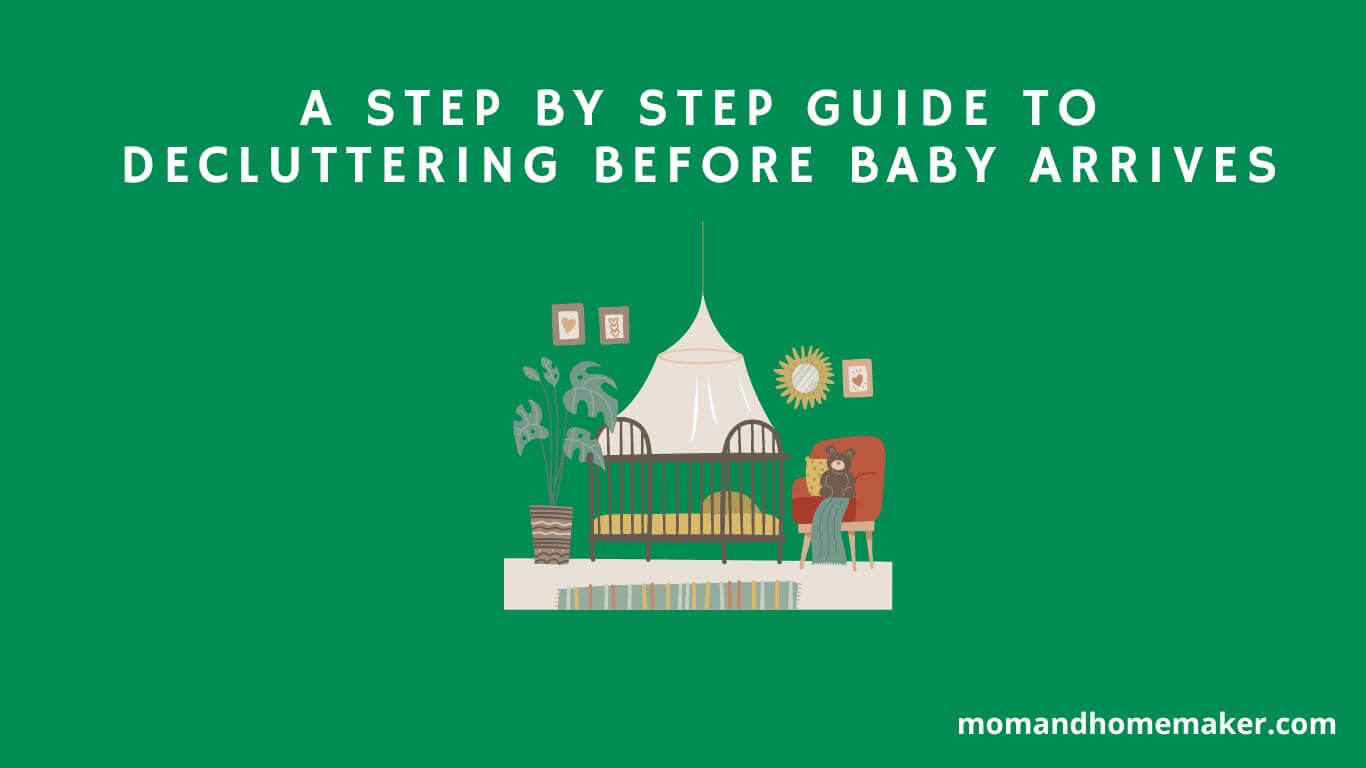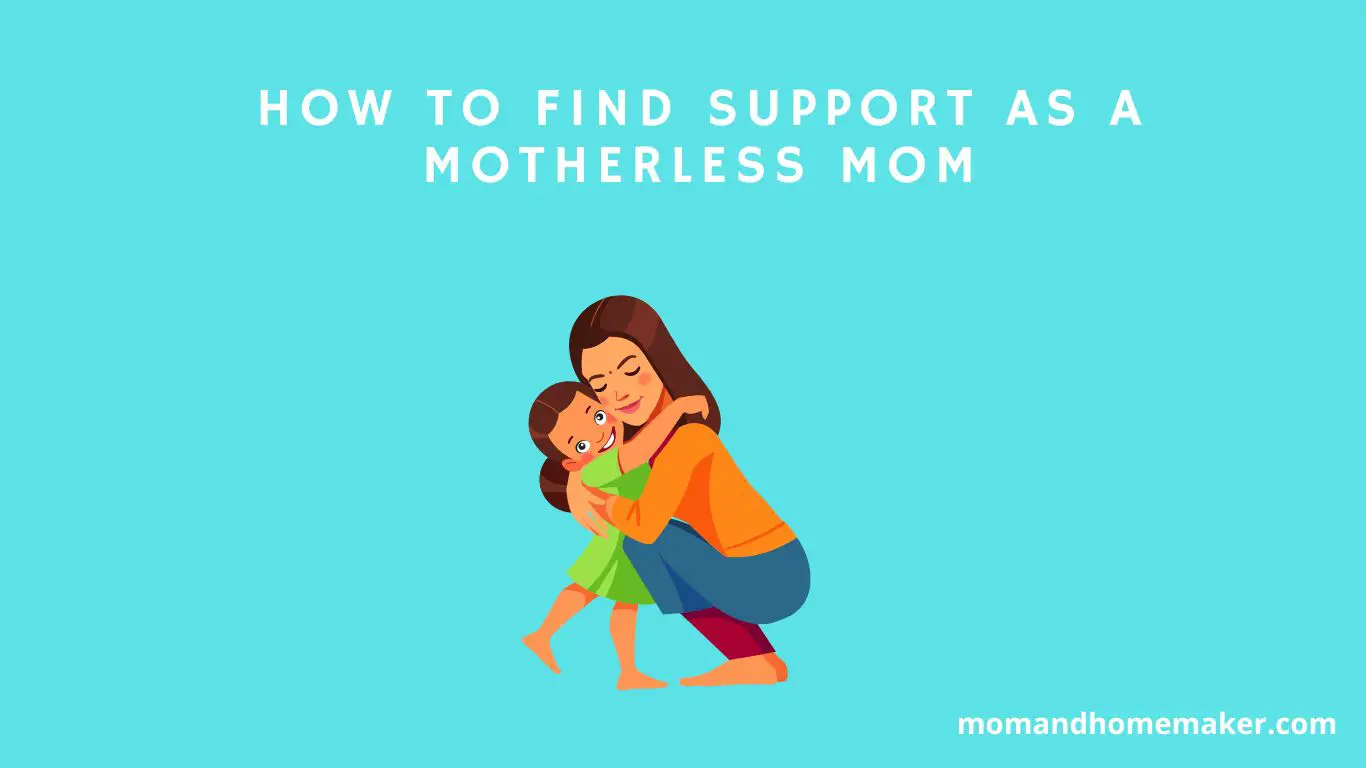When deciding between daycare and staying home with Mom, it’s important to consider various factors. Both options have their own advantages and potential drawbacks.
You should think about the costs, socialization benefits, educational opportunities, and long-term impacts on your child’s development.
Quality care, safety, caregiver qualifications, and overall support system are crucial aspects to weigh. Ultimately, the choice is yours, but exploring these considerations can help you make an informed decision for your child’s well-being and growth.
Cost Considerations for Daycare
When you’re thinking about daycare options, the cost can vary a lot based on where you are and what services are provided. It’s important to carefully consider your budget to make sure that daycare expenses don’t put too much strain on your finances.
Planning for daycare costs is key to balancing work and family life and ensuring that your child receives quality care while you focus on your job.
To handle the financial side effectively, start by researching daycare centers in your area to compare prices and services. Think about your work schedule and how the daycare hours match up with your scheduling needs.
Some daycares offer flexible timing options, which can help you maintain a good work-life balance. By planning and organizing your daily routine well, you can reduce the stress of managing work and childcare responsibilities.
Also, ask about any discounts or financial aid programs that the daycare center might have. Some centers offer help for families facing financial challenges, which can ease the financial load of childcare expenses. Make sure to communicate openly with the daycare staff about your financial situation to explore available support options.
Socialization Benefits at Daycare
Enrolling your child in daycare can offer valuable opportunities for socialization and development alongside their peers. Daycare settings provide a unique environment where children can learn essential social skills, develop independence, engage with peers, and improve communication skills.
Here are some key benefits your child can gain from attending daycare:
| Socialization Benefits | Description |
|---|---|
| Social Skills | Daycare helps children learn how to share, take turns, and cooperate with others, building a strong foundation for healthy relationships. |
| Independence | Children at daycare learn to be more self-reliant and confident through daily routines and activities, fostering independence. |
| Peer Interaction | Interacting with peers at daycare allows children to make friends, learn from one another, and form important social bonds that can last a lifetime. |
Educational Opportunities at Daycare
Daycare settings offer valuable learning opportunities for young children to boost their cognitive development and early learning skills. In these environments, kids participate in activities that blend play with education to stimulate their minds and encourage growth. Here are some ways daycare can support your child’s educational journey:
- Enhancing Cognitive Development: Interactive games and puzzles at daycare centers help children develop vital cognitive skills like problem-solving, critical thinking, and memory retention. These activities are designed to challenge young minds and lay a solid foundation for future learning.
- Embracing Play-based Learning: Daycare facilities often integrate play-based learning into their educational approach. This method allows children to explore concepts and ideas through hands-on activities, fostering creativity and curiosity. By engaging in imaginative play, kids can develop social skills, language abilities, and emotional intelligence.
- Structured Early Childhood Education: Daycare programs follow early childhood education principles, with educators creating age-appropriate lesson plans tailored to each child’s developmental needs. Through structured activities and guided exploration, children gain foundational knowledge in various subjects, preparing them for academic success in the future.
Impact on Child’s Development
Young children’s development is greatly influenced by the environment in which they spend their time. Daycare can have a positive impact on a child’s cognitive development by offering structured activities that stimulate learning and problem-solving skills.
Interacting with peers and caregivers in a daycare setting can also enhance social skills as children learn to interact, share, and communicate effectively. These interactions promote independence as children learn to navigate relationships and tasks on their own.
Emotional well-being is another critical aspect of a child’s development that daycare can influence. Being in a supportive environment where caregivers provide comfort and encouragement can contribute to a child’s emotional stability and resilience.
Learning to manage emotions and cope with different situations at daycare can help children develop important emotional regulation skills that will benefit them throughout their lives.
Quality of Care in Daycare
When choosing a daycare for your child, the quality of care they receive is crucial for their well-being and development. The level of care provided in daycare centers can greatly impact your child’s growth and overall experience. Here are key factors to consider:
- Staff Training: Well-trained and knowledgeable staff members create a nurturing and educational environment for your child. Look for daycare centers that prioritize continuous training and development for their staff to ensure they can effectively support your child’s needs.
- Facility Cleanliness: A clean and hygienic environment is essential for your child’s safety and health. Opt for a daycare that maintains high cleanliness standards in play areas, restrooms, and dining spaces.
- Communication and Parental Involvement: Effective communication between daycare staff and parents is vital for keeping you informed about your child’s progress, activities, and any concerns. Choose daycare centers that value open and transparent communication, and encourage parental participation through events, meetings, or volunteer opportunities.
Flexibility of Daycare Schedules
When choosing a daycare, one important factor that influences parents’ decisions is how flexible the daycare’s schedule is.
Parents value the ability to customize the schedule to fit their needs, allowing them to manage work and family commitments effectively. This flexibility not only benefits parents but also plays a significant role in the well-being of the child.
Parental involvement is crucial for a child’s development, and a flexible daycare schedule enables parents to actively participate in their child’s daily routine. Being able to drop off or pick up their child at different times can strengthen the bond between parent and child, providing a sense of security for both.
Moreover, parents can engage in special events or activities at the daycare, building a stronger connection with the caregivers.
Furthermore, a flexible daycare schedule can help foster a child’s independence. By experiencing varied drop-off and pick-up times, children learn to adapt to changing circumstances and become more self-reliant.
This independence is valuable for their future growth and helps them develop essential life skills. Parents appreciate witnessing their child’s growing confidence and self-sufficiency as they navigate through different daycare schedules.
Emotional Bonding With Mom
Building a strong emotional bond with Mom is crucial for a child’s well-being and development. The sense of security and care a child receives from their mother in the early years shapes their view of the world and relationships. Prioritizing emotional connection with Mom can positively impact a child in the following ways:
- Security in Attachment: When a child feels securely attached to their mother, they’re more likely to explore the world confidently. This secure attachment acts as a foundation for independence, knowing they can always seek comfort and reassurance from their mother.
- Maternal Sensitivity: A mother’s ability to understand and respond to her child’s needs with warmth and empathy is key for nurturing a strong emotional bond. This sensitivity fosters trust and open communication, laying the groundwork for healthy social and emotional growth.
- Emotional Regulation: Through consistent emotional support and comfort from the mother, a child learns how to manage their emotions effectively. This skill is essential for handling life’s challenges and forming secure relationships in the future.
Parental Involvement in Childcare
Parental involvement in childcare is crucial for a child’s overall development and well-being. Actively participating in your child’s care helps build a strong bond between you and your little one while promoting healthy growth.
By engaging in activities like reading together, playing games, or simply spending quality time, you not only strengthen your relationship but also nurture their emotional health.
Your involvement in childcare creates a sense of security and stability for your child. When you take part in their daily routines such as feeding, bathing, and bedtime, you create a loving environment that makes them feel cherished and supported. Your presence reassures them of your care and value in their lives.
Bonding activities like singing songs, going for walks, or cuddling during storytime create precious moments that contribute to your child’s emotional development. These shared experiences help build trust and communication, laying a foundation for healthy relationships in the future.
Incorporating parental involvement into your child’s daily routine not only enhances their emotional well-being but also positively impacts their cognitive and social development.
Your active participation in their growth journey shows them that they’re loved and supported, setting the stage for a happy and fulfilling childhood.
Health and Safety Concerns
Ensuring your child’s safety and well-being is a top priority for parents. Whether your child is at daycare or at home, it’s crucial to be mindful of health and safety concerns. Here are some important things to consider:
- Health Regulations: Daycare facilities must follow specific health regulations to maintain a clean and safe environment for children. These regulations cover areas like sanitation, food preparation, and emergency procedures.
- Safety Protocols: Daycares have safety protocols in place to handle emergencies such as accidents, illnesses, or natural disasters. Regular safety drills help staff and children prepare for different scenarios and respond effectively.
- Security Measures: Daycare centers often implement security measures like restricted access systems, surveillance cameras, and sign-in/sign-out procedures to ensure all children’s safety.
Professional Caregiver Qualifications
When hiring a professional caregiver, it’s crucial to consider their qualifications to ensure your child receives the best care possible. Look for caregivers with ample experience in working with children, as they’re likely to have the necessary skills to nurture and care for your little one effectively.
Additionally, prioritize caregivers who’ve received training in areas such as child development, first aid, and emergency response to create a safe and enriching environment for your child.
Certifications are also important when choosing a caregiver. Seek out individuals who hold relevant certifications in childcare or early childhood education. These certifications demonstrate that the caregiver has undergone formal training and met specific standards in the field.
Conducting a thorough background check is essential for the safety and well-being of your child. Verify references, review past work experiences, and consider running a criminal background check to gain a comprehensive understanding of the caregiver’s history.
Family Dynamics and Support System
Considering your family dynamics and support system is essential when deciding on the best caregiving arrangement for your child. Understanding the relationships within your family and the level of support available can help you make a well-informed decision that aligns with your values and priorities.
- Supportive Relationships:
- Think about the family members, friends, or community members who can provide assistance and emotional support during challenging times. These relationships offer a sense of security and stability for both you and your child.
- Family Dynamics:
- Take into account the unique dynamics within your family, including roles, communication styles, and how conflicts are resolved. Recognizing these dynamics can help you anticipate how different caregiving arrangements may affect your family unit.
- Available Resources:
- Evaluate the resources at your disposal, such as financial support, flexible work options, or access to educational programs. Utilizing these resources can enhance your ability to create a nurturing environment for your child.
Decision-Making Factors for Parents
Understanding what influences parents’ decision-making is crucial for making informed choices about their child’s caregiving. When parents strive to balance work and family life, they face the challenge of managing their careers while ensuring their children receive optimal care.
This delicate balance involves considering childcare options that meet both the parents’ work commitments and the child’s developmental needs.
The choice of childcare significantly impacts decision-making. Parents must weigh the advantages and disadvantages of daycare centers, in-home caregivers, or staying at home themselves.
Factors like cost, convenience, quality of care, and opportunities for socialization all play a role in this decision. Each family’s unique situation will determine the most suitable option for them.
Achieving work-life balance is essential for parents who want to excel in their careers while providing the best care for their children. Finding a childcare solution that supports this balance is key. Parents need to evaluate how different caregiving arrangements affect their work performance and their ability to be present for their children.
By carefully assessing work-life balance and considering childcare options, parents can make choices that meet their family’s needs and promote their child’s well-being and growth.
Conclusion
When deciding between daycare and staying home with mom, the choice depends on various factors like cost, socialization, education, and quality of care. It’s essential to find what works best for your family, rather than favoring one option over the other.
Similar to Goldilocks finding the perfect fit, it’s about discovering the right balance that suits your needs and preferences. Each family’s circumstances are unique, so it’s important to consider what’ll provide the best support and environment for both parents and children.


